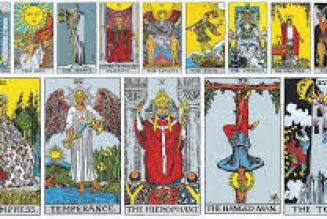While Christianity has often preached compassion, forgiveness, and love for one’s neighbor, history reveals moments when these ideals were not upheld by its own institutions or followers. The very faith that taught “love thy neighbor” was, at times, used to justify violence, exclusion, and persecution—especially against those who held different beliefs or maintained older traditions.
For example, the Church condemned witchcraft and pagan practices as evil, yet it adopted many pagan customs and holidays, rebranding them as Christian. This selective adaptation allowed the Church to benefit from the popularity of these traditions while simultaneously condemning their original practitioners.
Furthermore, while humility and charity are central Christian virtues, the Church accumulated great wealth and power, sometimes at the expense of the poor and marginalized. The persecution of so-called heretics and witches, often women and healers, stands in stark contrast to the message of mercy and acceptance found in Christian teachings.
This contradiction between professed values and actual behavior is a reminder that no institution is immune to hypocrisy. It is important to recognize these inconsistencies, not to condemn all Christians or the faith itself, but to encourage honest reflection and a deeper understanding of history.
























